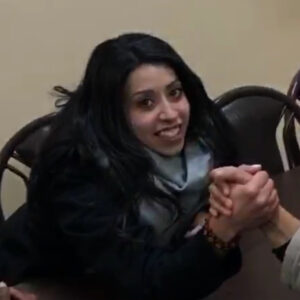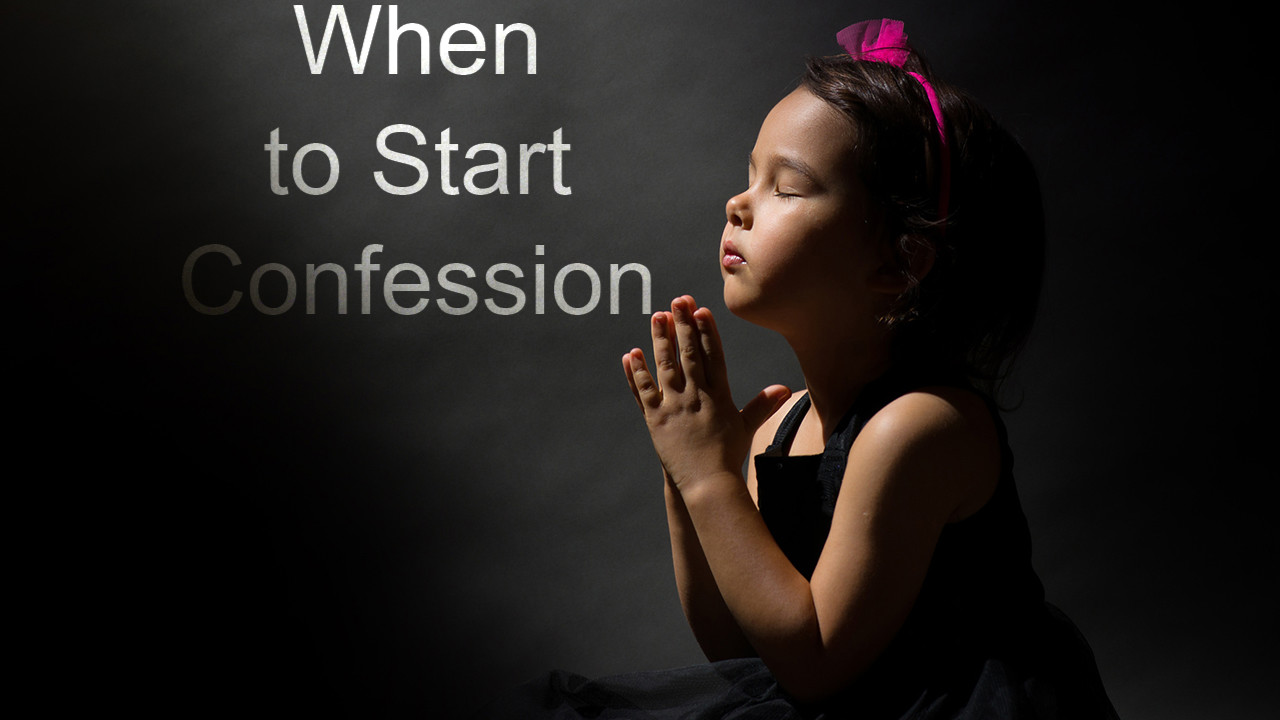By: Marianne Ibrahim When dealing with children and young people it is really important to know when to pick your battles and what your purpose is. For example, taking my child to church every Sunday from birth. Obviously, at birth and during the early years, a child is not going to understand a whole lot …
By: Marianne Ibrahim
When dealing with children and young people it is really important to know when to pick your battles and what your purpose is. For example, taking my child to church every Sunday from birth. Obviously, at birth and during the early years, a child is not going to understand a whole lot of the Liturgy, but is understanding the intricate details of the Liturgy the purpose for taking children to church? I would argue no it is not. Understanding the principles and fundamentals of our Orthodox faith come later in life as a child grows into an adolescent and more so as they grow into adulthood. During these periods of time, we hope our children develop an internal drive and desire to seek out the truth and learn more about their faith through their own willingness, rather than the pressure applied on them by others whether that be parents, servants or others. Confession is no different. When we start children in confession, initially it is not absolutely about the sacrament as much as it is familiarity with what confession involves, why we do it and both developing trust with the confession father to tell him all the things they have done wrong. This is a very big deal for a child. Why is it a big deal??? here are some reasons:
1. Abouna is someone they know from a distance but see him as a man of authority and a leader in the church, not someone they have an intimate personal relationship with so this can be intimidating and overwhelming, especially to tell Abouna all their secrets and all the things they have done wrong.
2. Children need to feel safe and comfortable or they may find it difficult to speak and may become frightened, although this may not be the case for all children, we need to be sensitive to those who would experience this
3. Unfamiliarity with a process can lead to many children being unable to trust it. Change and unfamiliarity are things children can find difficult to adjust to and need time to adapt
So what does all this mean?
1. When starting a child in confession, remember the purpose is to become familiar with it, rather than doing the sacrament “properly”, but only until they adapt to this process, then it will become easier and they will be able to do it the way it is intended. If the intent is just understanding of what confession is and how it happens, then consider supporting the child in a number of ways:
2. Ensure the child interacts with Abouna and knows who he is and that he is friendly and caring, not scary to the child
3. Talk about confession a lot a few weeks before leading up to sitting with Abouna so it is not a shock for the child. Tell them they will be sitting with Abouna soon and having a talk about things that made us happy, things that made us sad and things we did that was not nice so Abouna can help us to make them better
4. Sit with the child in confession and help them speak with Abouna until they are ready to sit with Abouna alone. They will tell you when they are ready and making them sit alone with Abouna can be very scary if the child is not ready. Some children will take longer than others and that is okay
5. Don’t force children to talk about what you want them to talk about. Let the first few times be a general conversation and chit chat, do not embarrass the child or make them feel bad or guilty for things as this can be humiliating and cause the child not to want to do this again
6. When supporting the child to speak, guide them slowly and over time to learn how to say things like, “I love you Jesus and I am sorry for……….” This is a good first step to taking responsibility and utilising confession as a way to reflect on “me” rather than “everyone else”. However, ensure you gently guide children to this step as young children can find it difficult to say sorry and take responsibility. This is something they need to learn over time with a patient adult With these principles in mind, children can start confession from a young age and I would suggest testing it out with them and see when they are ready. You could start trying at the age of 4 years or 5 years. By this age, children start to know when they have done something wrong and when they are in trouble for something. This sense of right and wrong is what we need children to have so they can begin to grasp the actual concepts of confession, as they begin to really learn why we undertake this important sacrament. When they reach this point, it is extremely important that what they learn about confession is that it is a source of forgiveness and one of the many ways we are able to learn more about Christ. This way children will learn to benefit from confession and see it as the road toward forgiveness rather the road to shame. Most importantly, make sure your child learns to rely on and wants to have a confession which means it needs to be a helpful and positive experience, not a scary and embarrassing one. With that in mind, go for it because both you and your children will be fine!
Join Us: Sign Up Today!











